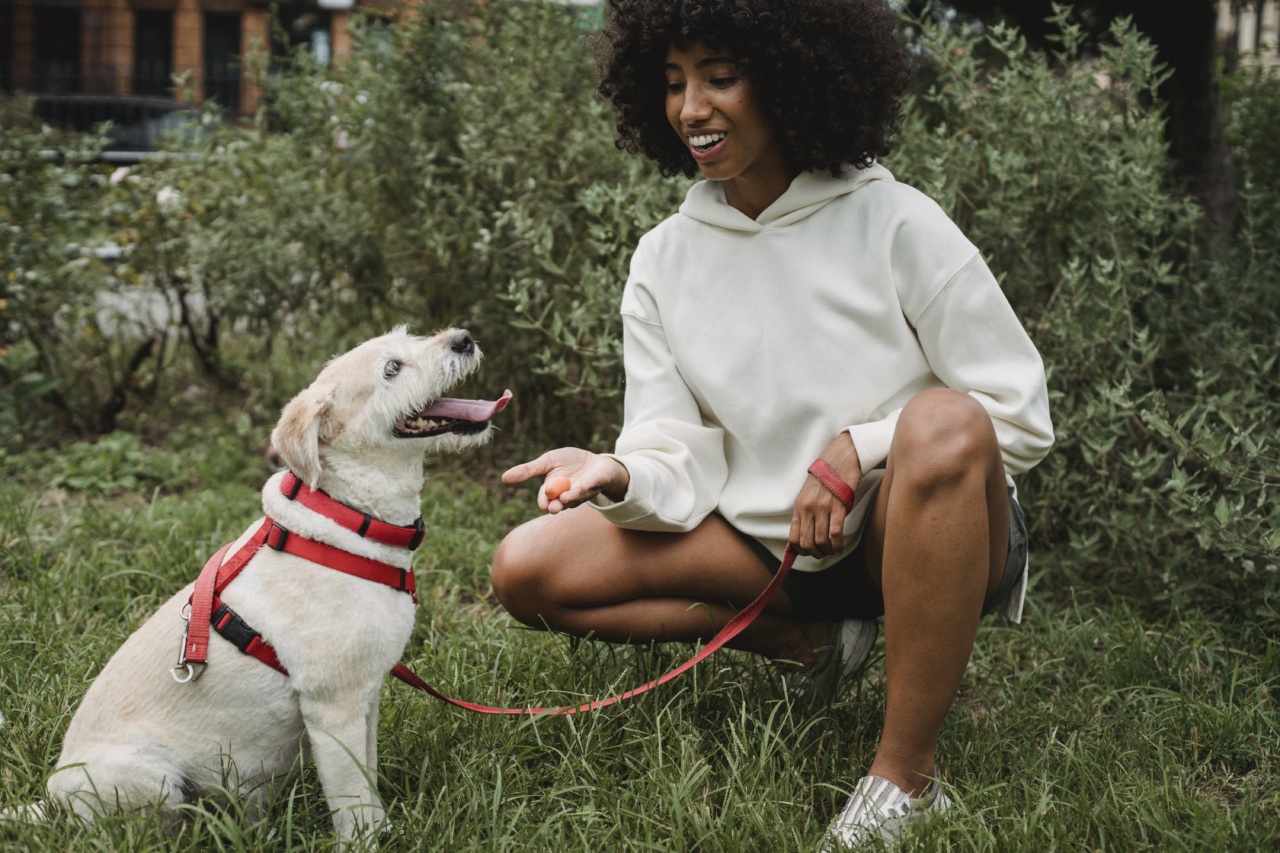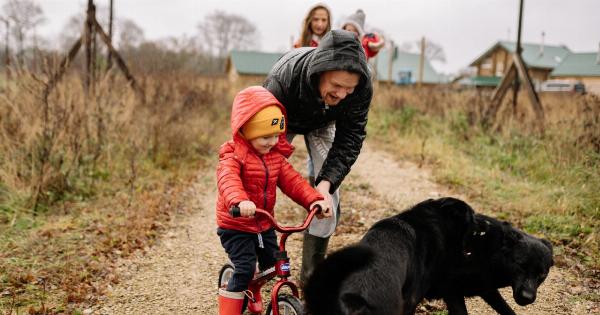Many dog owners believe that training their dogs to depend on them for food is a way to establish a strong bond and obedience. While this approach may seem effective in the short term, it carries significant risks in the long run.
Relying on food as the primary motivator for behavior can create various problems both for your dog’s physical health and their overall training. Let’s explore the potential risks associated with training your dog to depend on you for food.
1. Obesity and Related Health Issues
One of the most significant risks of training your dog to depend on you for food is the increased likelihood of obesity and related health problems.
When dogs associate their meals solely with their owners, they may develop an unhealthy dependence on food rewards, leading to excessive eating habits.
Obesity in dogs can result in various health issues, including diabetes, heart disease, joint problems, and a shortened lifespan.
It’s crucial to establish a balanced and measured diet for your pet, rather than relying solely on food as a training tool.
2. Reduced Motivation without Food Rewards
Another risk of training your dog to depend on you for food is the reduced motivation they may experience when food rewards are not available.
Dogs that are trained extensively with food treats may become less responsive or lack enthusiasm when you attempt to train them without food incentives.
While incorporating food rewards can be useful initially, it’s essential to gradually transition to other reinforcement methods to maintain your dog’s motivation and obedience in different situations.
3. Inconsistent Behavior in Food-Only Training
Training your dog to depend solely on you for food can lead to inconsistent behavior in other areas of their life. Dogs may become hyper-focused on food and ignore commands or instructions when there is no food reward involved.
This inconsistency can make it challenging to control your dog in public spaces or when food is not readily available.
It’s essential to establish a training approach that goes beyond food rewards to ensure your dog’s behavior is reliable in all situations.
4. Potential for Food Aggression
Over time, dogs who are trained to depend solely on their owners for food may develop food aggression or resource guarding tendencies.
When a dog becomes overly dependent on their owner for meals, they may view food as a scarce resource and become protective of it.
Food aggression can lead to dangerous situations, especially if there are other pets or children present.
It’s crucial to avoid reinforcing resource guarding behaviors and to establish healthy boundaries around food without creating a sense of dependency.
5. Limited Ability to Self-Manage
When dogs are only trained to rely on their owners for food, they may struggle to self-manage their eating habits. They lose the ability to regulate their intake and may become anxious or distressed without constant access to food or their owner.
Teaching your dog to self-manage their meals and ensuring they have a healthy relationship with food is crucial for their overall well-being and independence.
6. Missed Opportunities for Building Other Bonds
While it’s important to build a strong bond with your dog, relying solely on food as a means of connection can lead to missed opportunities for building other types of bonds.
Dogs thrive on social interaction, playtime, and learning experiences that go beyond food-based training.
By incorporating a variety of training methods and activities, you can develop a deeper and more well-rounded relationship with your dog.
7. Difficulty in Group Training Environments
If your dog has been primarily trained using food rewards, they may struggle to focus or respond appropriately in group training environments.
The presence of other dogs and distractions can decrease their food motivation, making it harder for them to perform tasks or commands.
Creating a training foundation that includes a range of motivators will help your dog adapt and succeed in group training settings.
8. Limited Problem-Solving Skills
Training approaches that heavily rely on food rewards may hinder your dog’s problem-solving skills.
When dogs are accustomed to expecting a food reward for every behavior, they may struggle to think independently and find alternate solutions when faced with challenges.
Encouraging your dog to think and problem-solve without the constant presence of food rewards will help them become more adaptable and confident in various situations.
9. Increased Financial Burden
Over time, training your dog to depend on you for food treats can lead to an increased financial burden. Constantly supplying treats as the main motivation can be costly, especially for larger dogs or during extended and complex training sessions.
By diversifying your training techniques, you can decrease the reliance on food rewards and alleviate some of the financial strain associated with owning and training a dog.
10. Potential Limited Bond with Other Family Members
Finally, training your dog to depend solely on you for food can limit their bond with other family members. Dogs may become selective in their obedience and responsiveness, only recognizing the person associated with providing meals.
Encouraging shared responsibilities for training and feeding can help your dog form strong bonds with all family members and ensure their behavior is consistent across the household.


























